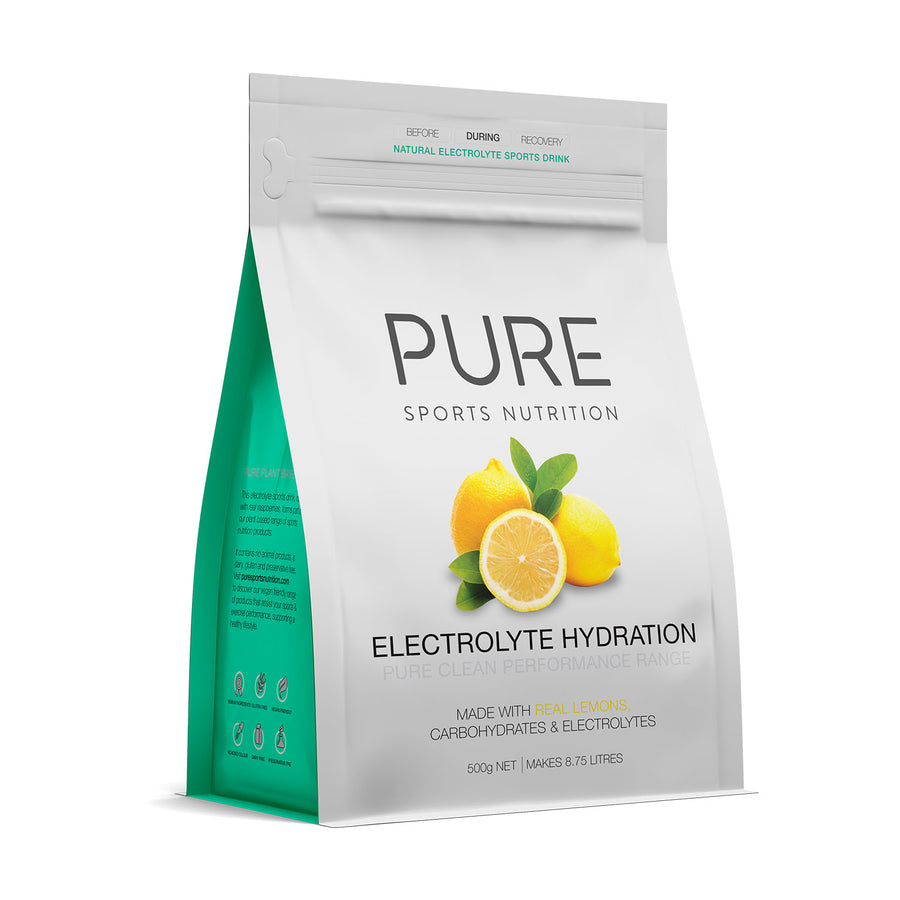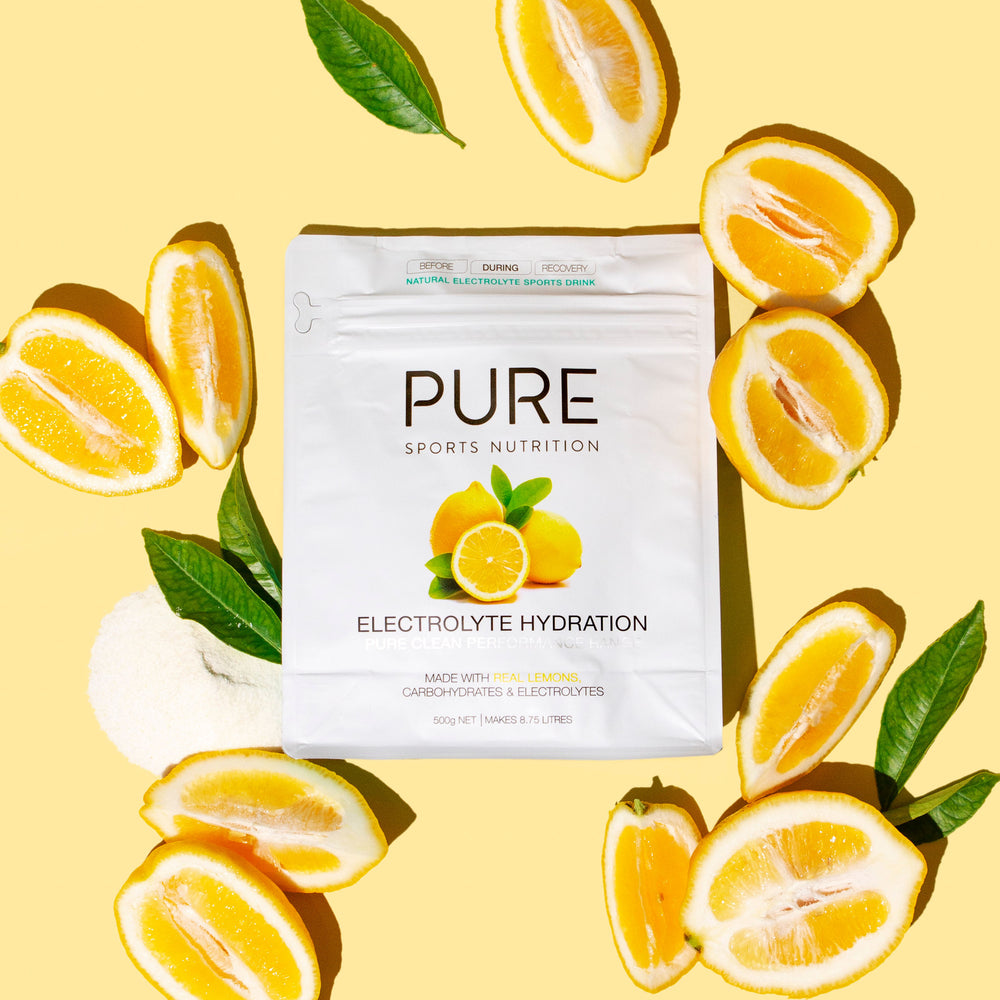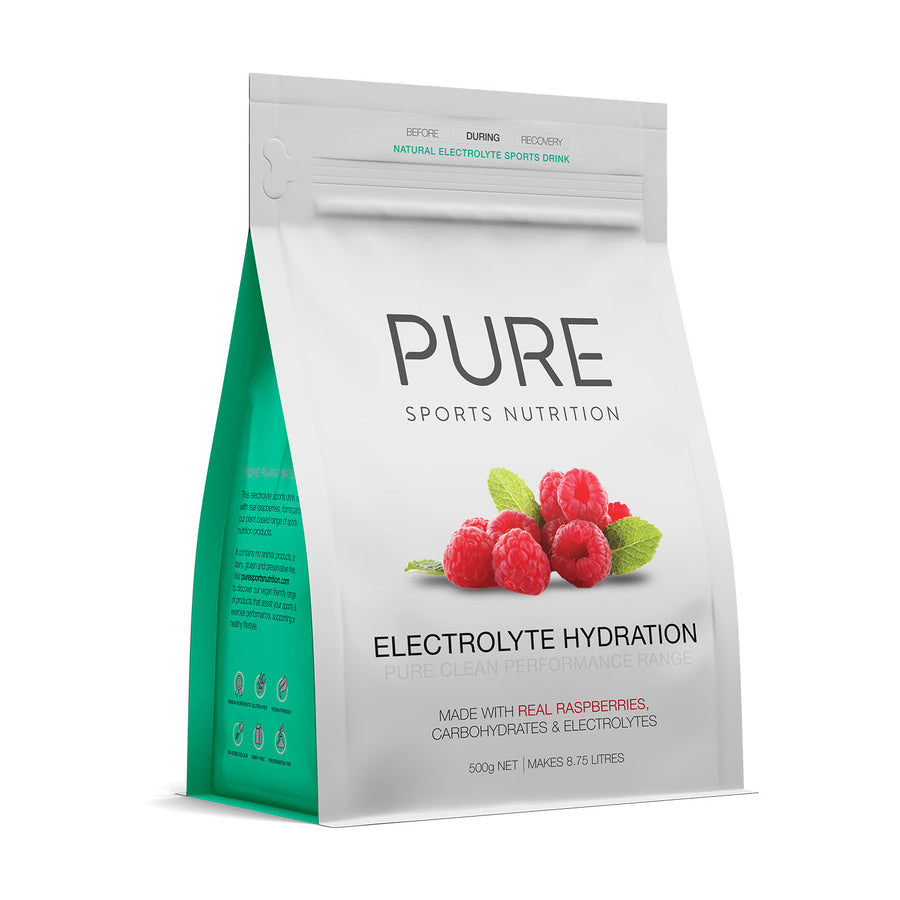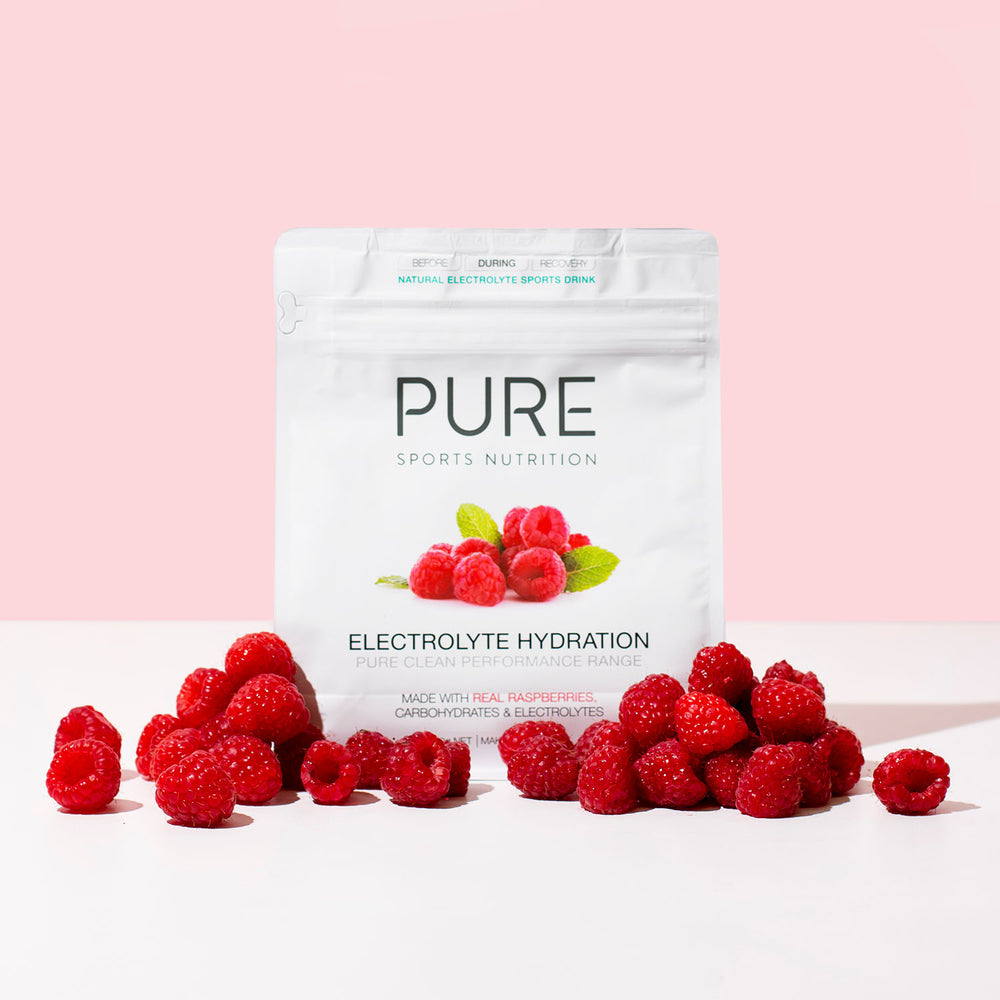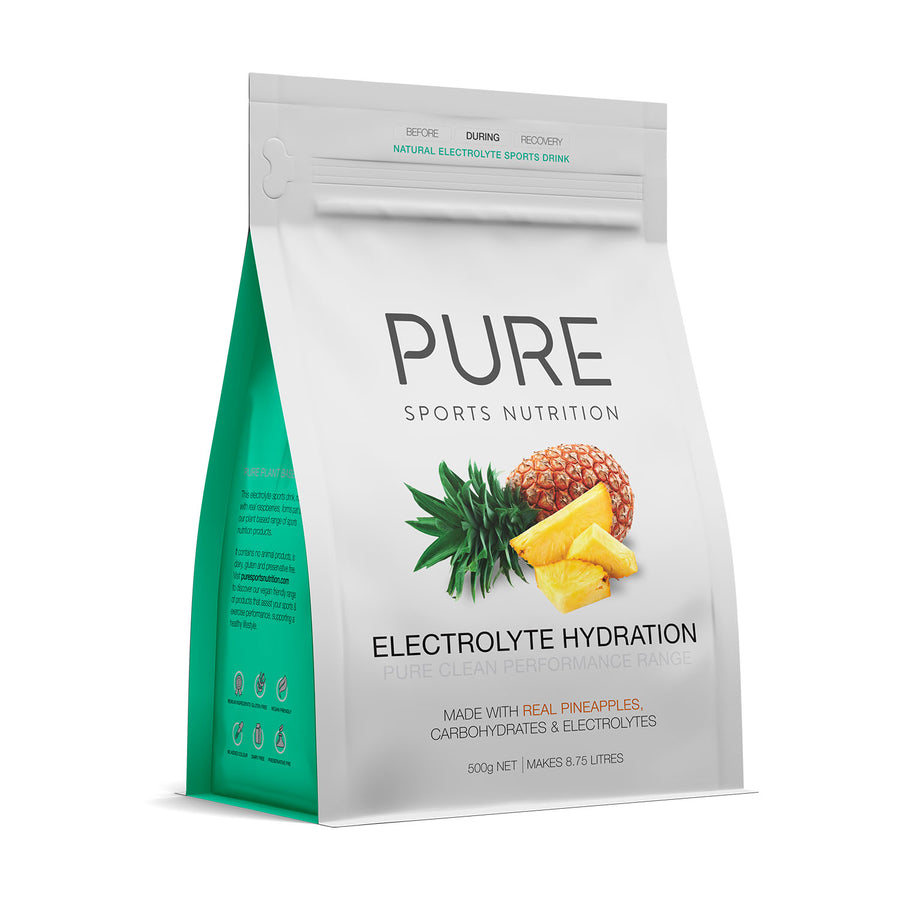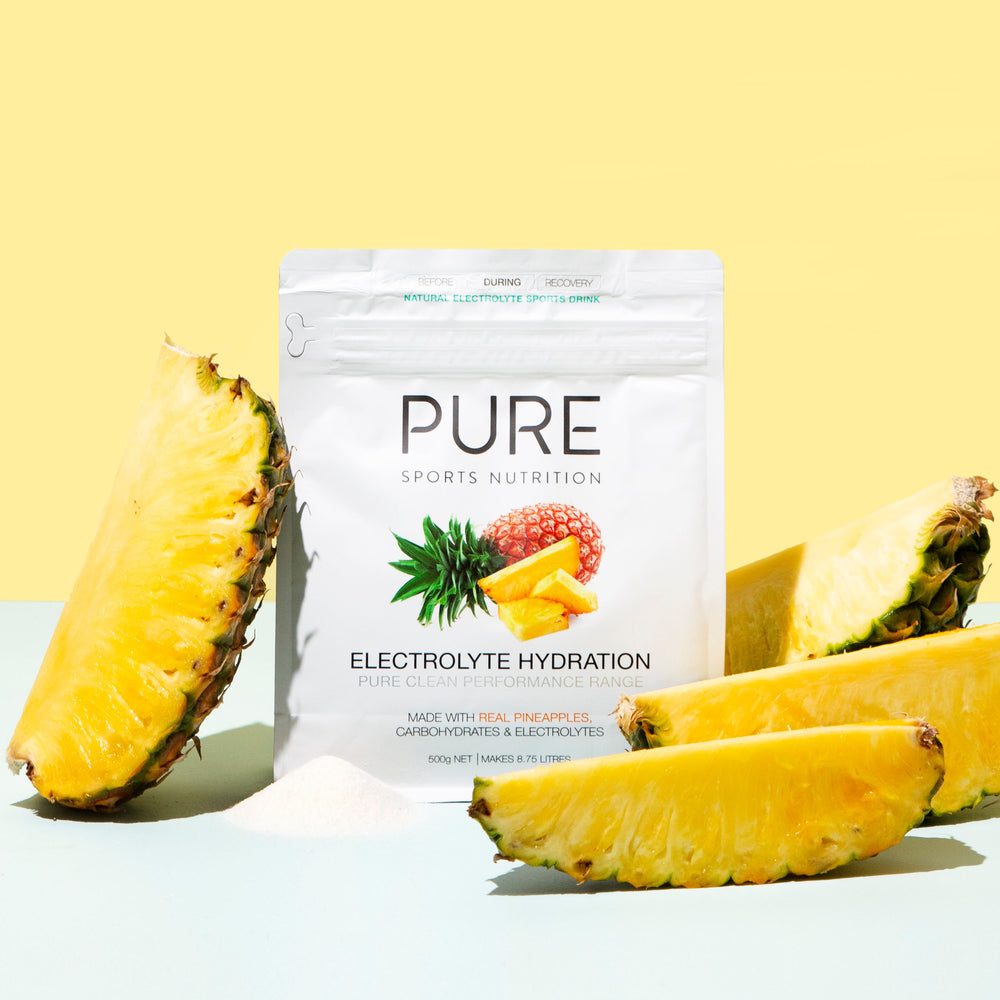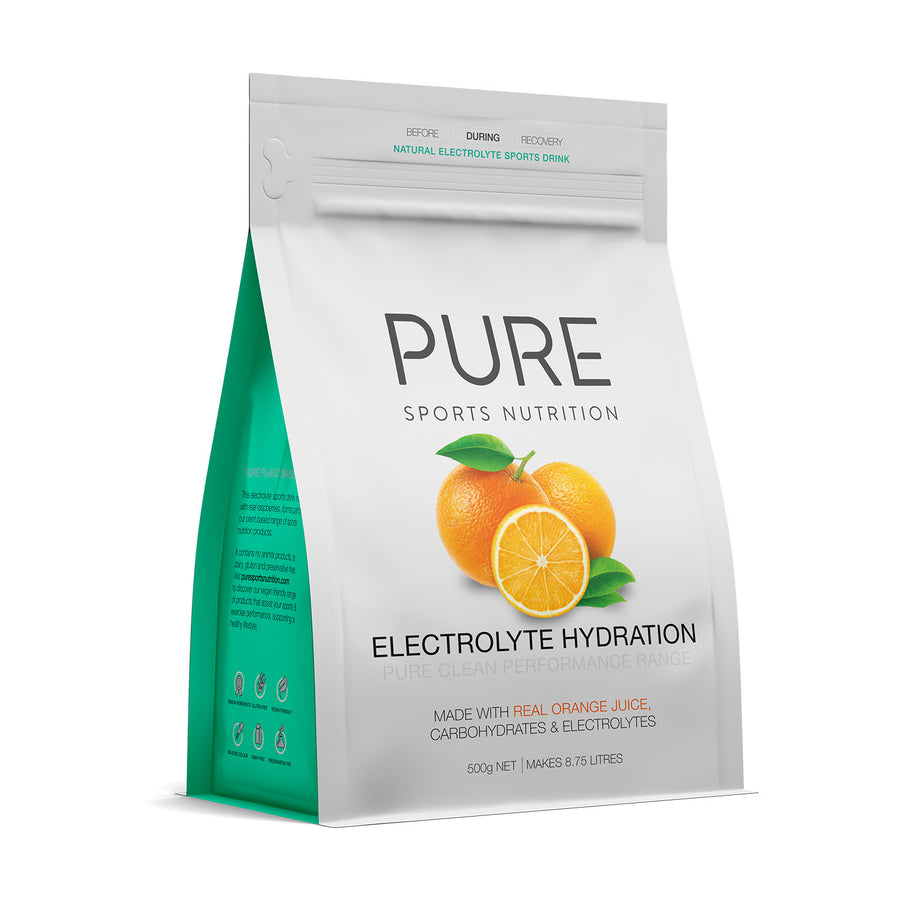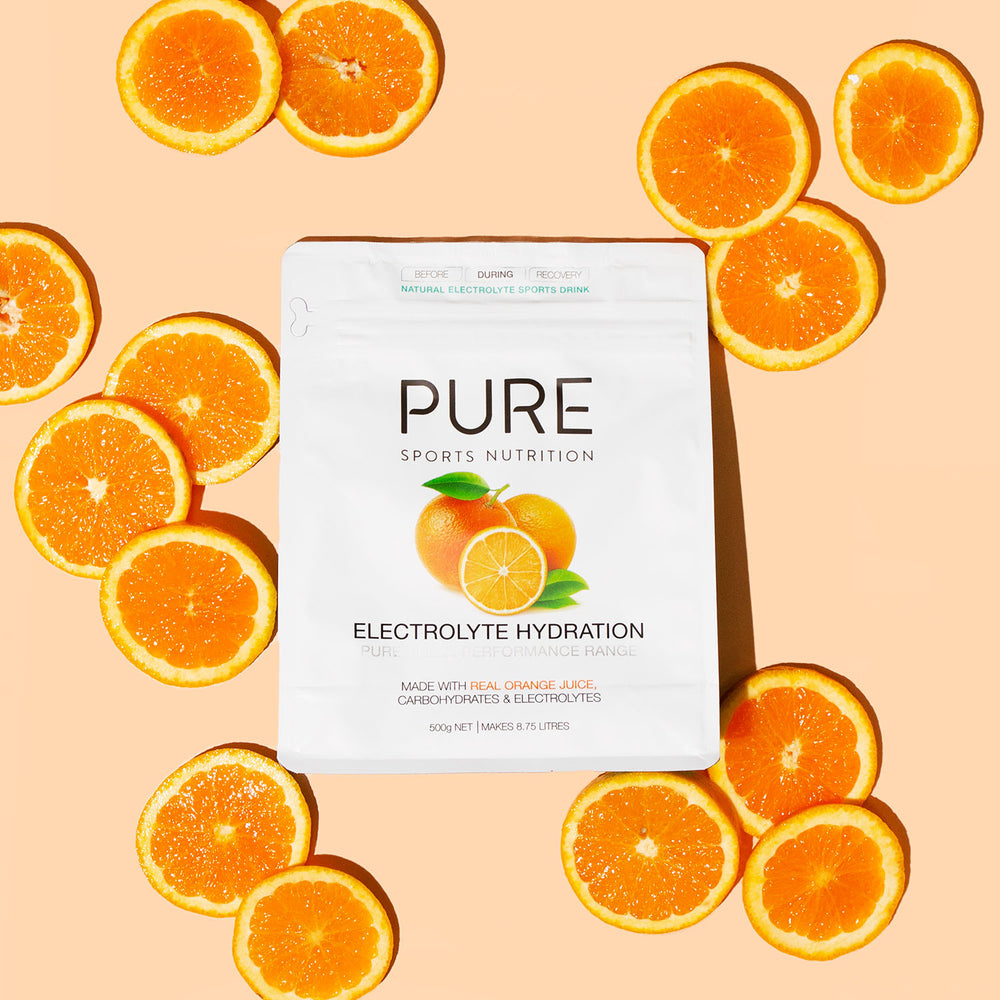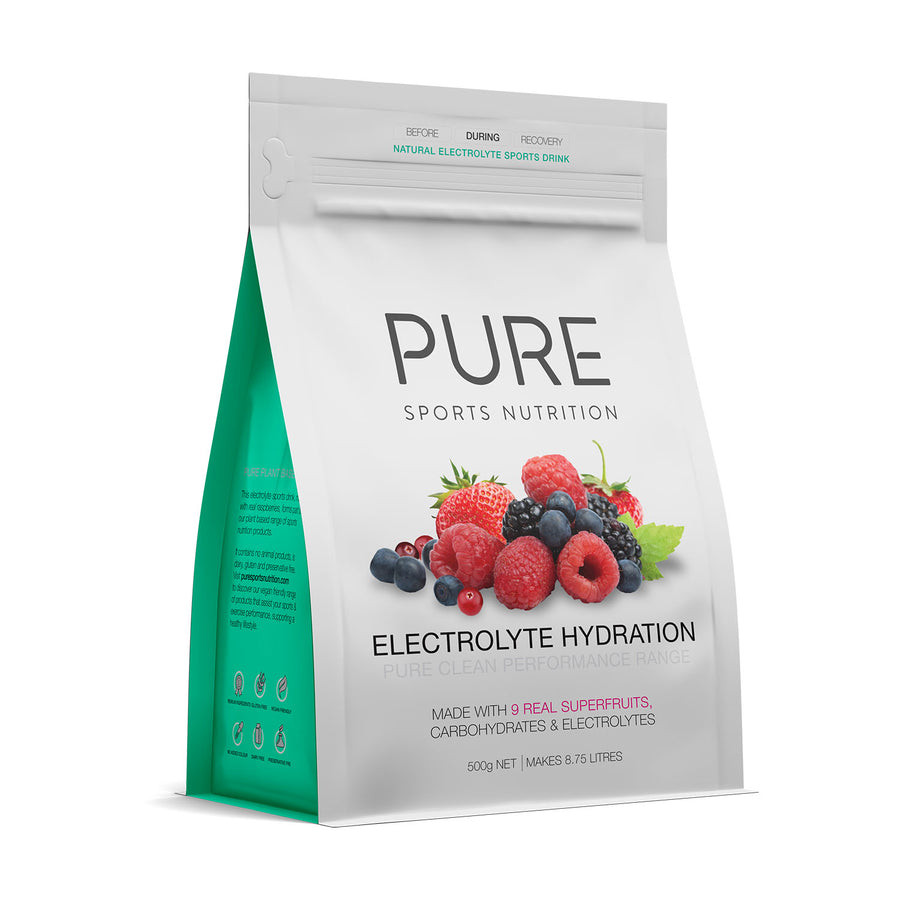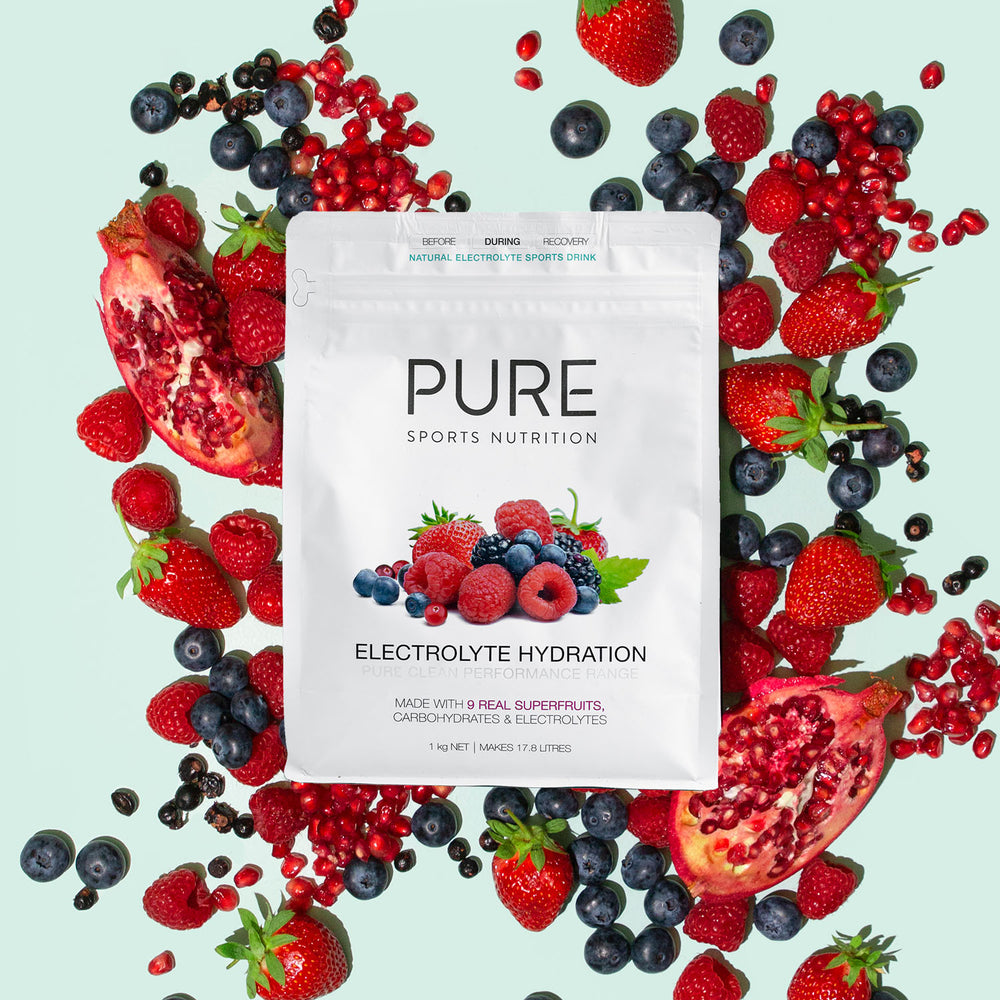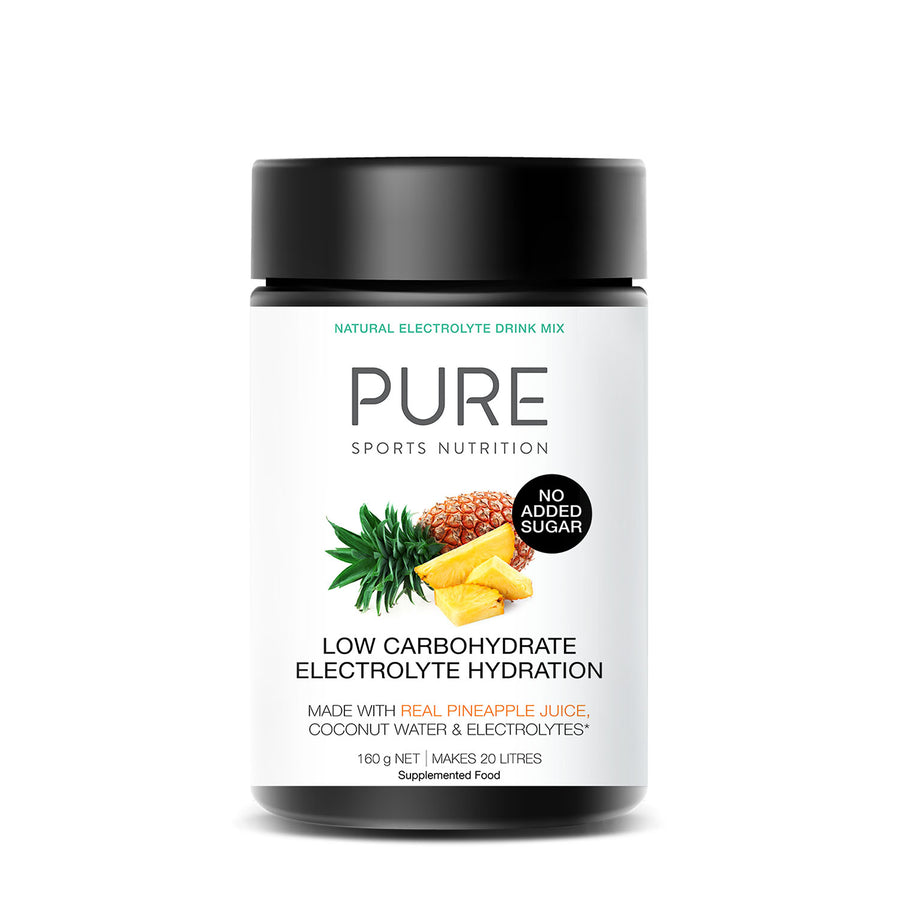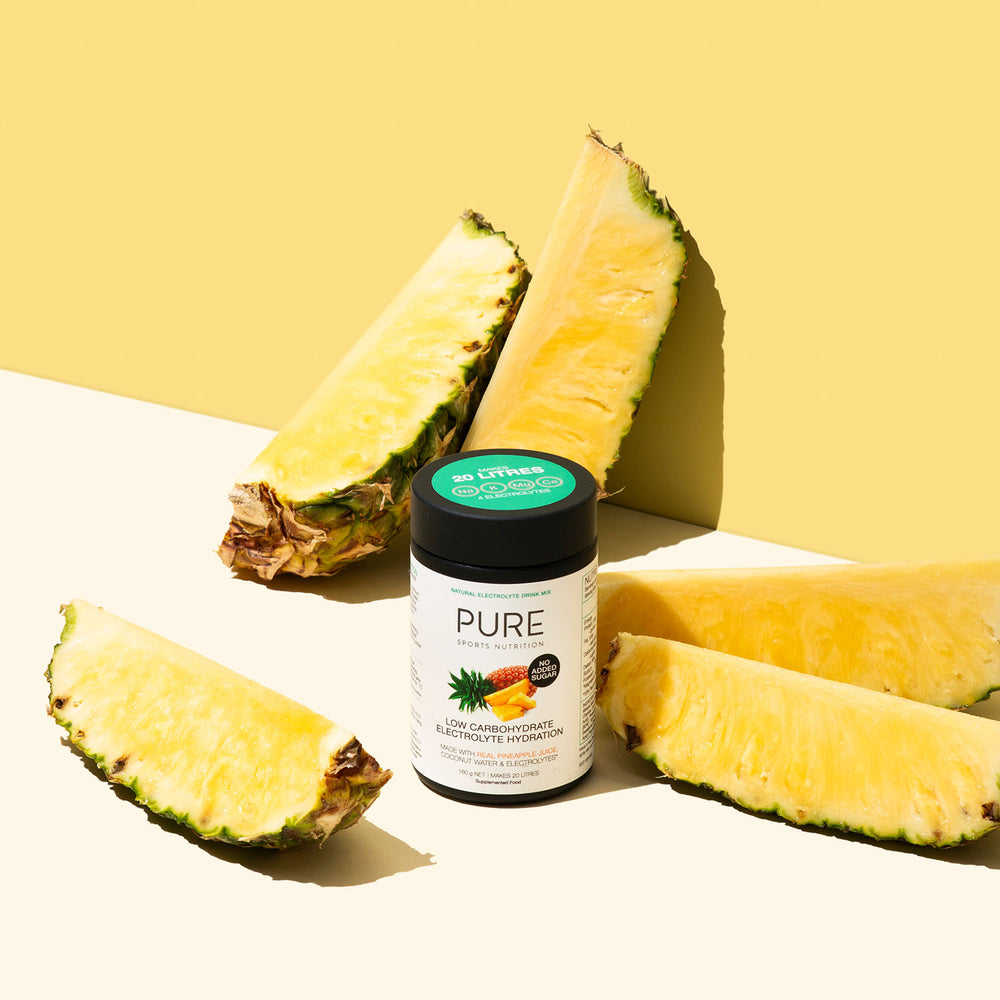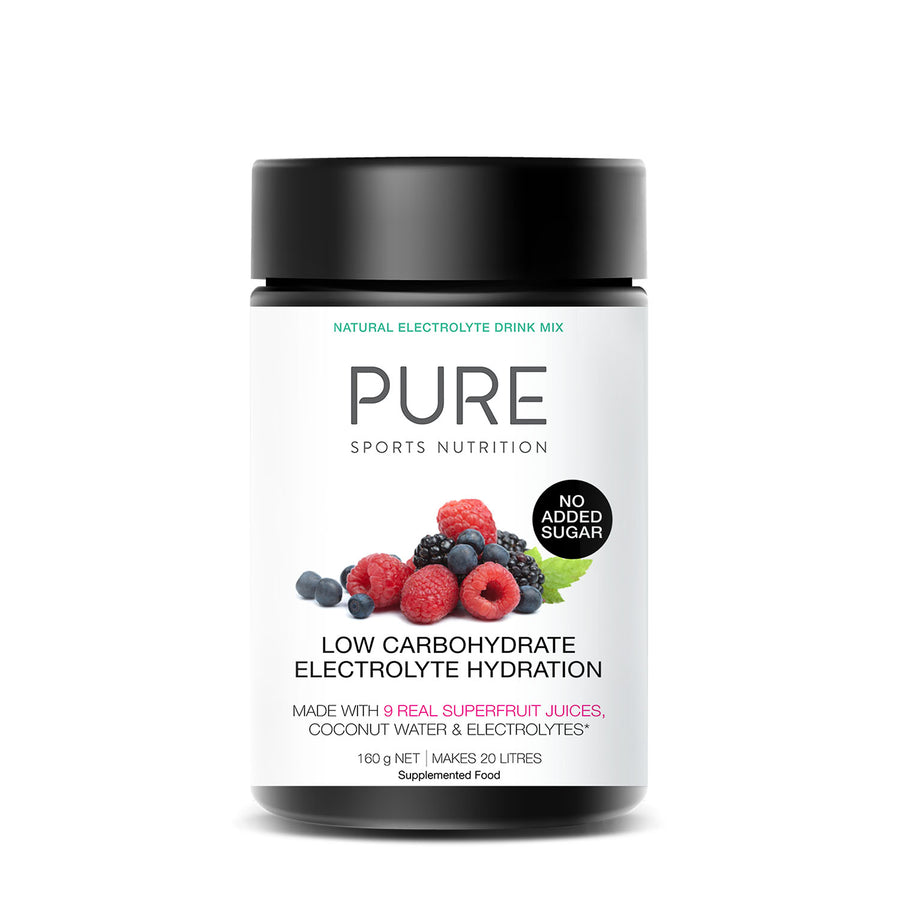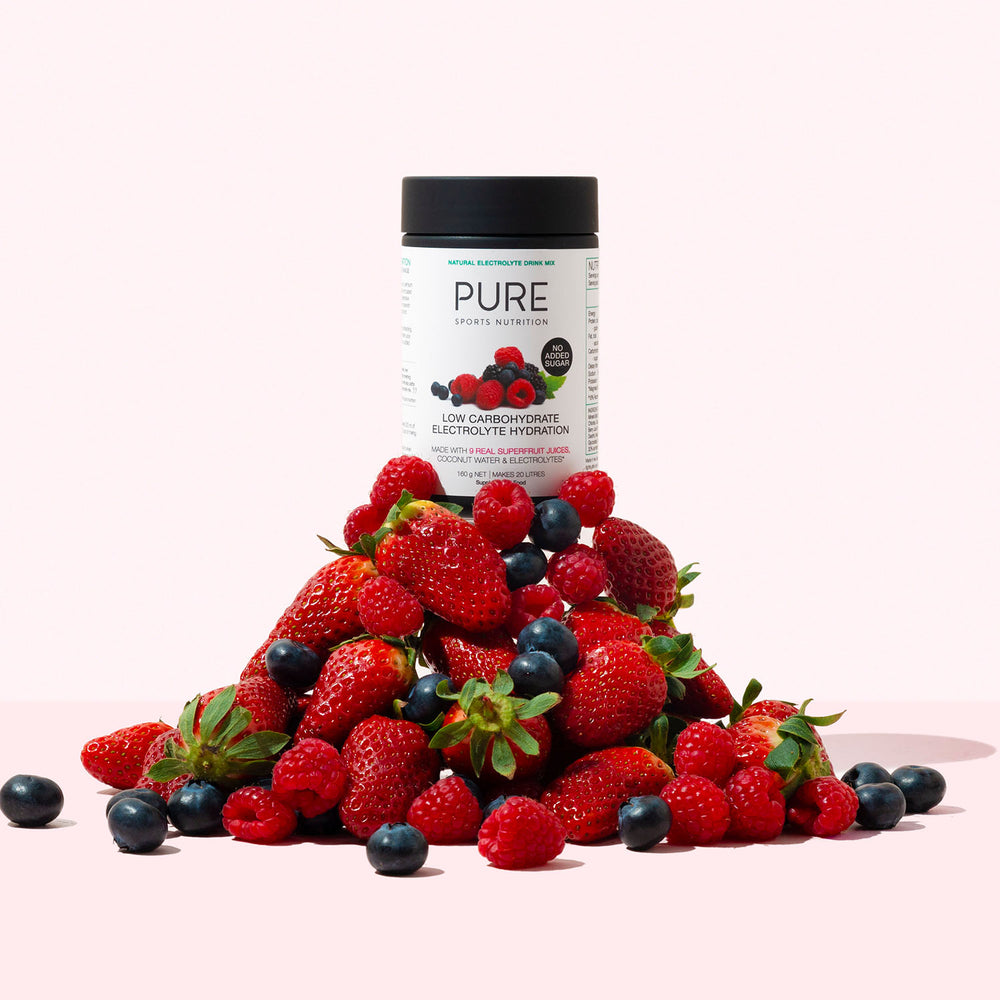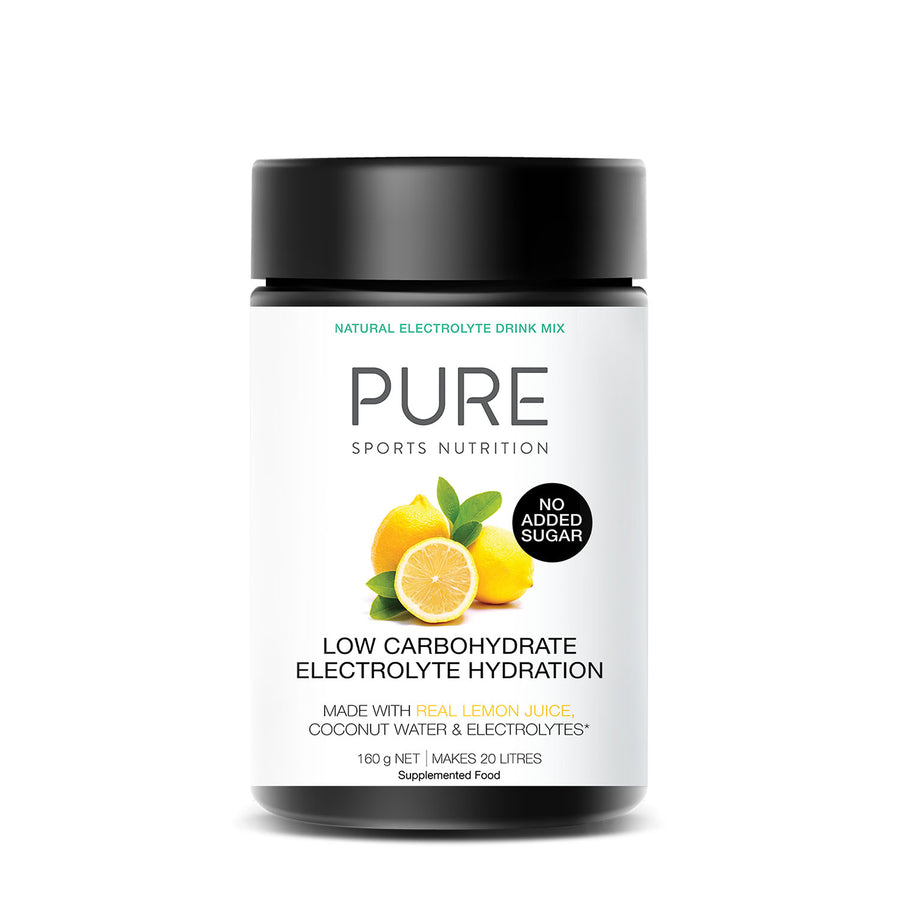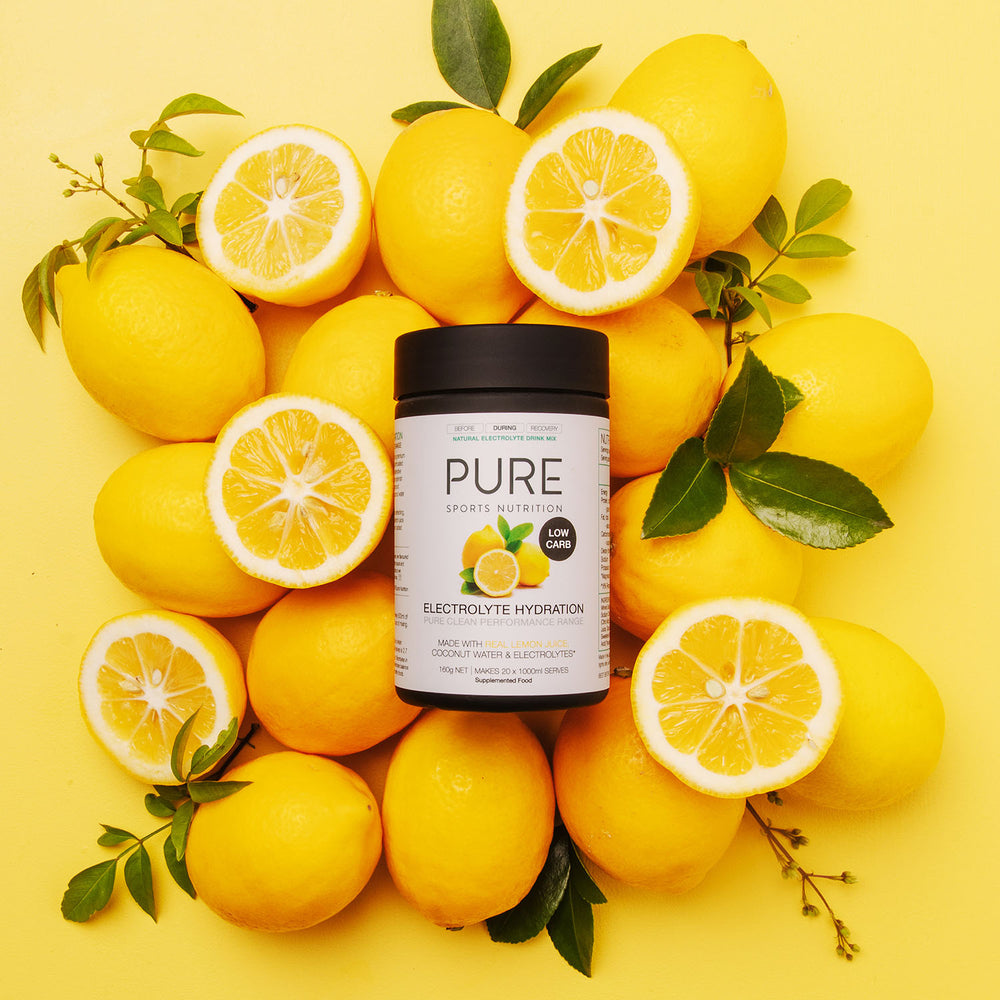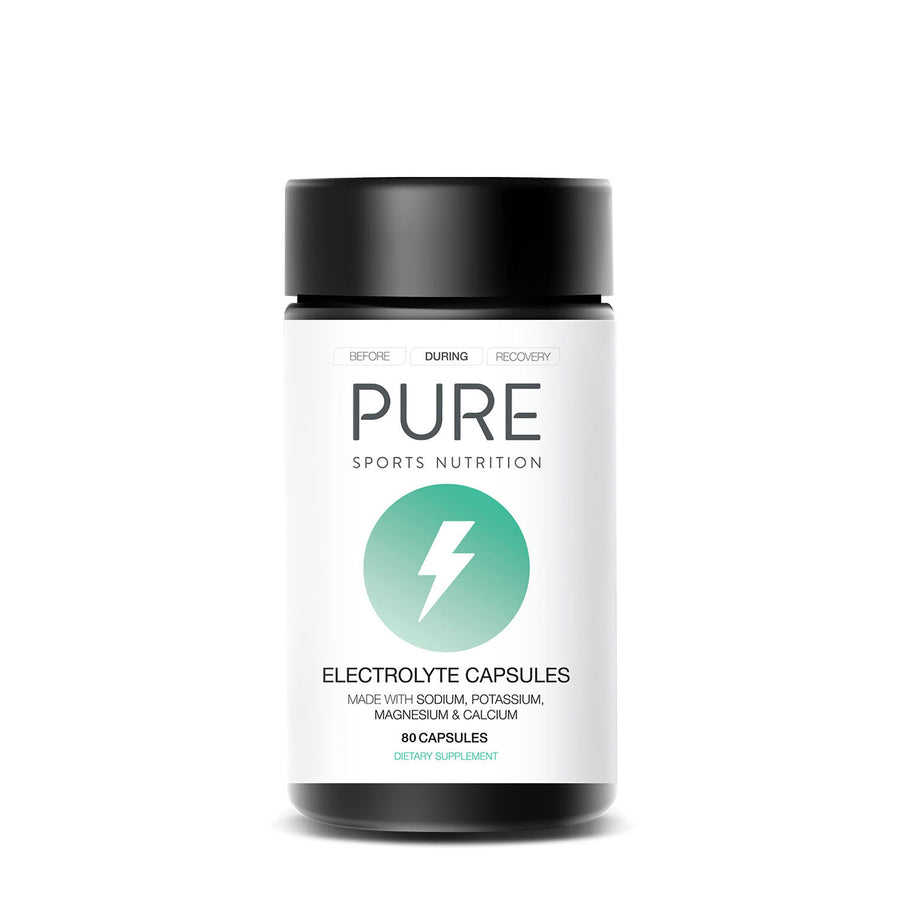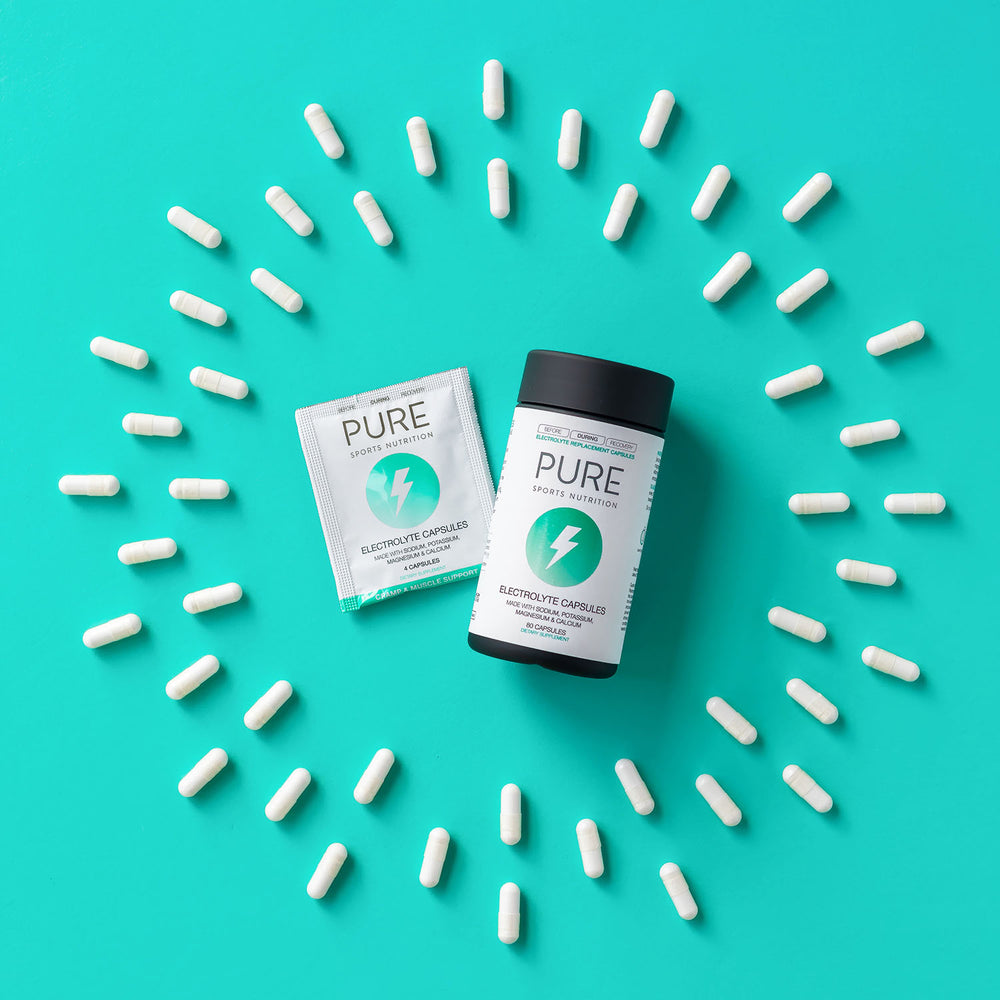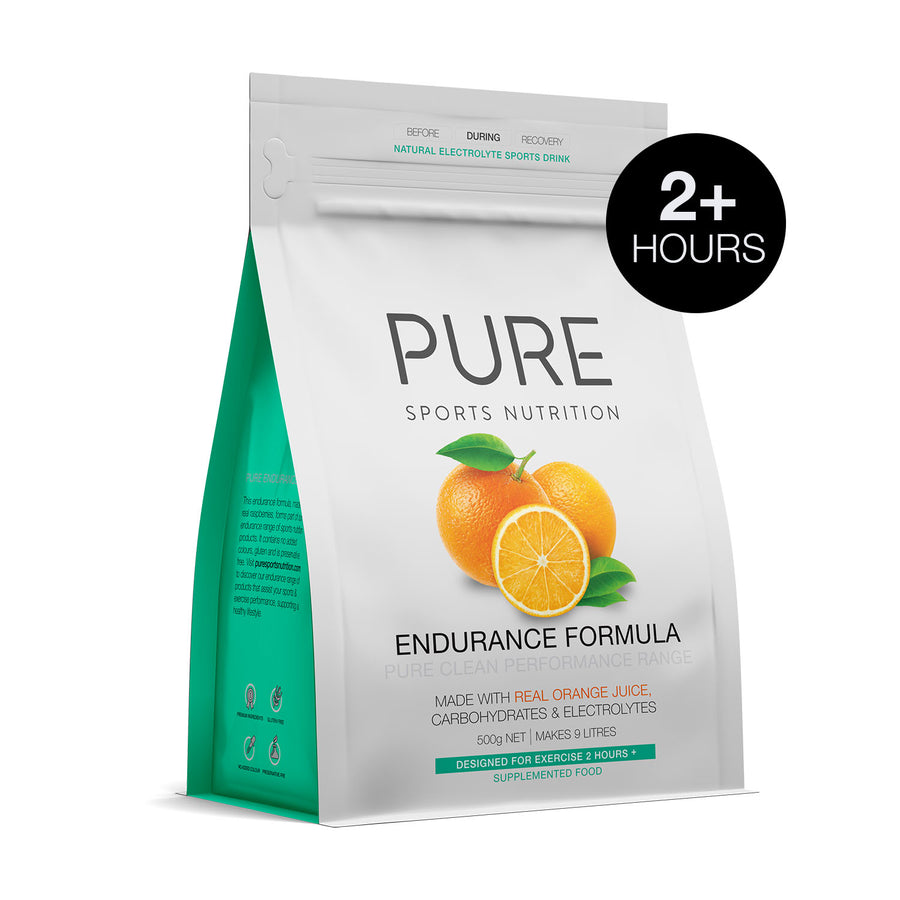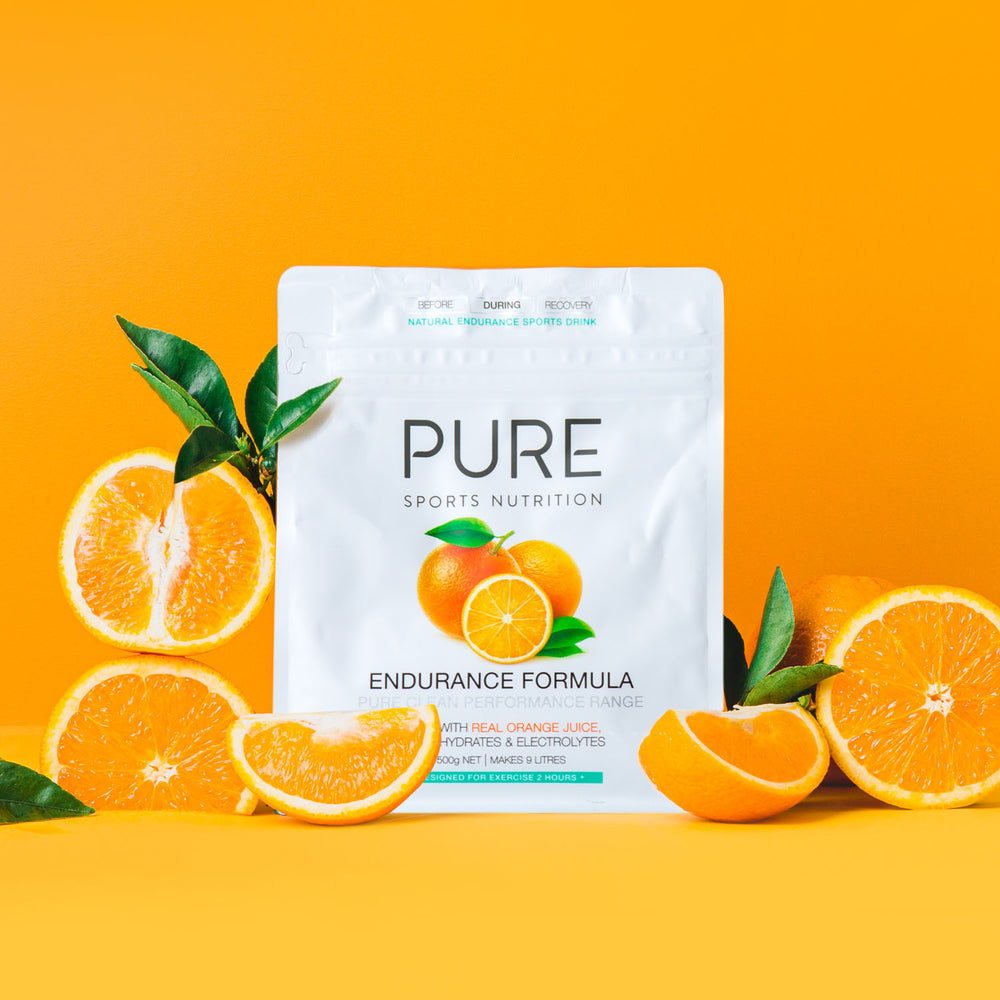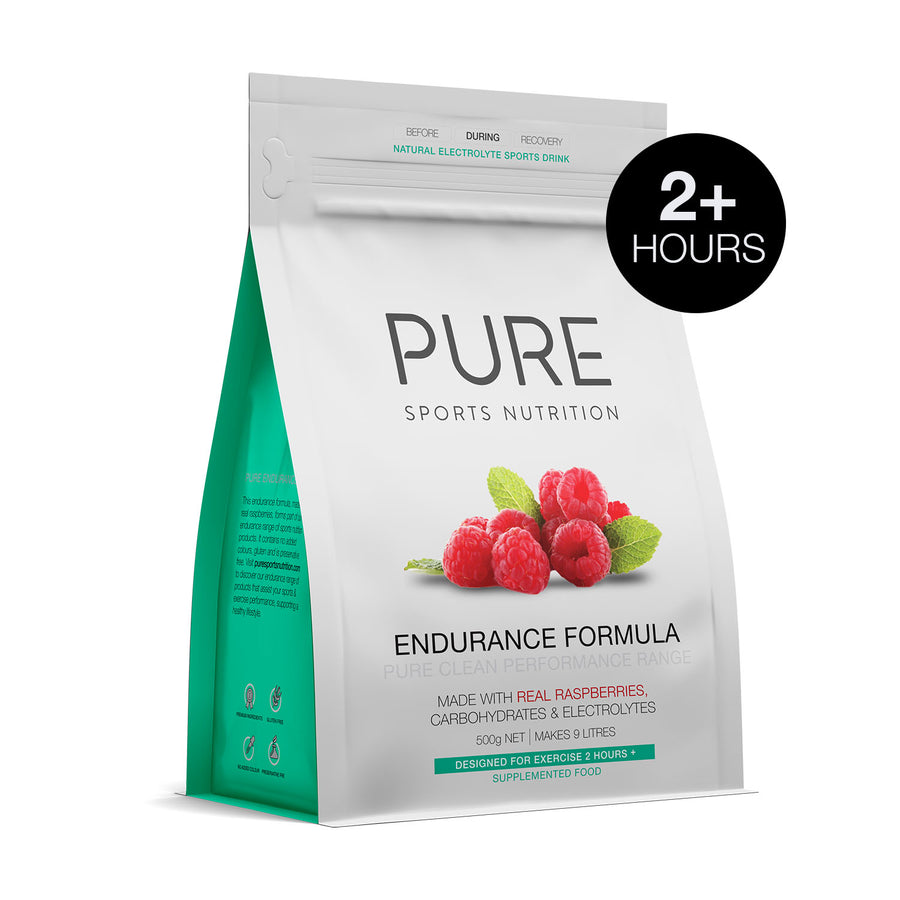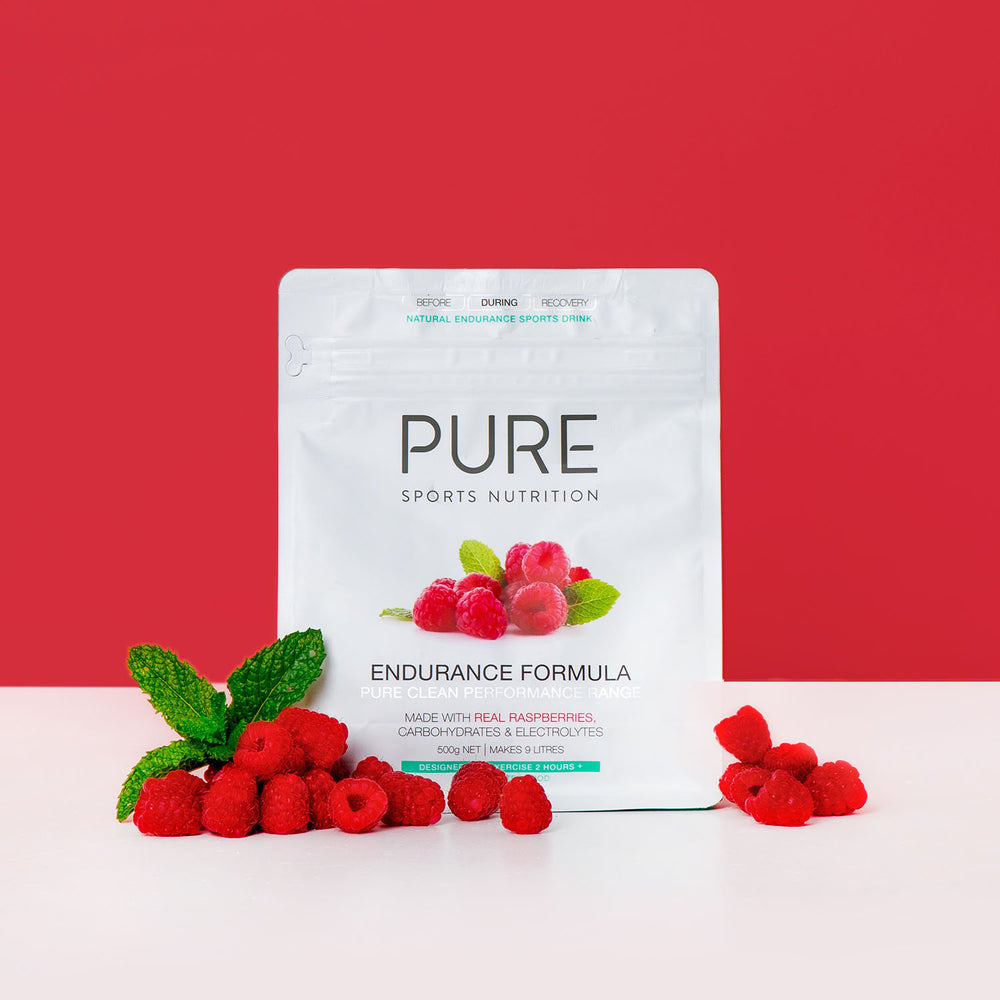
A Runner's Guide to Nutrition
Whether you're a recreational runner, training for a half-marathon, marathon or an ultra-endurance event, a well-tailored nutrition plan will help you get the best out of your training and performance. Selecting fuel for your body can be a complex process, both in training and again on race day. So our own Sport & Exercise Nutritionist, Marewa Sutherland, has put together some tips to help you out.
Carbohydrates and energy
Carbohydrates are a runner’s best friend when it comes to energy and getting the most out of your training session or race. Your body has adequate muscle stores (glycogen) to fuel around an hour of training, with longer durations requiring a consistent top-up from foods or fluid. Typically we require between 30-60g of carbohydrates per hour of exercise (and this can increase up to 90g for exercise over two hours). It's also a great idea to use your long training sessions to practice your race-day nutrition. This includes seeing what works for you (and what doesn't) and refining quantities and eating/drinking techniques.
Here is an example of carbohydrate contents:
- 250ml PURE Electrolyte Hydration: 12.5g
- 1 PURE Gel: 22-25g
- Banana: ~20g
- Muesli bar: 20-30g
- 3 Jetplane lollies/10 Jelly beans: ~20g
It is worth a mention that not all carbohydrates are the same when in comes to running. While we want to focus on eating wholegrain (complex) carbohydrates in our everyday diet for health, when used to fuel exercise these can cause stomach upsets due to their slower digestion processes. That's where sports-specific nutrition can slot in as it should be designed to deliver carbohydrates that are easily digested to quickly fuel muscles without upsetting your stomach. In saying this some brands have nasty and unnecessary additives so get in the habit of checking the ingredients of your supplements to ensure they are really benefiting you.
Signs you're not meeting carbohydrate targets? Fatigue is an obvious one, specifically the inability to recover between training sessions or extreme muscle soreness/ injury.
Protein
Protein-rich foods are important for muscle repair, adaptation and maintaining energy requirements to support your training recovery. Protein helps keep you fuller for longer and high-quality sources should be included in every meal throughout the day. There is a current trend towards plant-based protein sources, which are often very nutrient-dense and greatly support a healthy diet, however, be aware that often plant sources of protein don't contain all essential amino acids (the ones we must get from food) or the protein doesn't absorb efficiently into your body. It's important if you are planning to train and/or race on a solely plant-based diet that you consult a professional to help ensure you are monitored, meeting protein aims and not missing out on important nutrients, vitamins and minerals i.e. iron and zinc.
Plant-based protein sources: Beans, legumes, nuts and seeds.
Animal-based protein sources: meats, fish, eggs, milk and yoghurt.
We generally get enough protein from our diet to support each running session, however, if you are running for over two hours then it should be included in your nutrition plan. Protein examples and quantities:
- 500ml PURE Endurance Formula: 5g
- 1 Banana: 1g
- Peanut butter sandwich: 8g
Fats
Including healthy fats into your diet will help meet your energy needs to ensure you are getting the most out of your sessions and recover nicely. Fats also support so many other vital processes within the body such as metabolism, skin health, hair growth, reproductive system health and cell membrane integrity. Good fats include foods such as extra virgin olive oils, avocados, fatty fish, nuts (and nut butters) and seeds. There is no need to focus on including fats into your running nutrition unless you get hungry while running, which is typically on very long sessions (over 3 hours) where main meals may be missed.
Hydration
It's so important that you are well hydrated before, during and after running sessions. For runs less than 60 minutes, water is adequate for your energy needs. However, during high-intensity sessions, hot or humid conditions and exercise sessions over 60-90 minutes you will benefit from using sports drink to provide carbohydrates and replace fluids and electrolytes (salts) lost in sweat. Practical hydration tips:
- Aim to drink 2-3L (depending on your size) per day around training.
- Hourly fluid requirements while running begin at 300-500ml per hour at a minimum and can be upwards of 1L depending on your personal sweat rate, run intensity and weather conditions.
- A simple way to measure your sweat rate over a session is to weigh yourself right before and after your run. The difference in weight is the amount of fluid you have lost. To replace this aim to drink 1.5 times the amount of weight lost. Example 500g weight loss after a session requires approx 750ml extra fluid straight after.
- Your urine colour can be an indicator of hydration status, you want to see a pale shade of yellow meaning you are nice and hydrated (remember some foods and multi-vitamins can change urine colour).
- Depending on your fluid intake you can meet approximately half of your hourly carbohydrate aims from your sports drink alone. E.G. 500ml of PURE Electrolyte Hydration contains 25g carbohydrate. Use this as a base for working out your remaining carbohydrate aims and nutrition choices.
Common running challenges and solutions
- Stomach discomfort or emergency toilet stops. Ensure you are leaving 60-90 minutes after eating before your run and also that your pre-run foods aren't super high in fat or fibre (slows digestion). Make sure your run-nutrition choices are made of fast-absorbing carbohydrates like sucrose, glucose and maltodextrin. Be aware of ingredients such as added fructose.
- Trouble eating or drinking while running. Taking on nutrition is a trained skill so start small amounts of fluid and food and gradually train your stomach to accept larger quantities. A hydro-pack is a great way to allow you to drink small amounts over your run. In terms of food, cut any solid food into bite-sized pieces and spread intake out over each hour.
- Cramp. Ensure your fitness is to your running challenge and make sure you are hydrated, including replacing electrolytes (salts) lost in sweat. If you sweat lots or are prone to cramp consider PURE Electrolyte Capsules before and during your run.
- Hitting the wall. Start fuelling early into your run (within 15 minutes) and spread nutrition out evenly over each hour. Remember the first hour also requires nutrition if you are running longer than 60-90 minutes.

Written by Marewa Sutherland (Kraak) - PURE Co-founder & Sports and Exercise Nutritionist (BAppSc - University of Otago).
